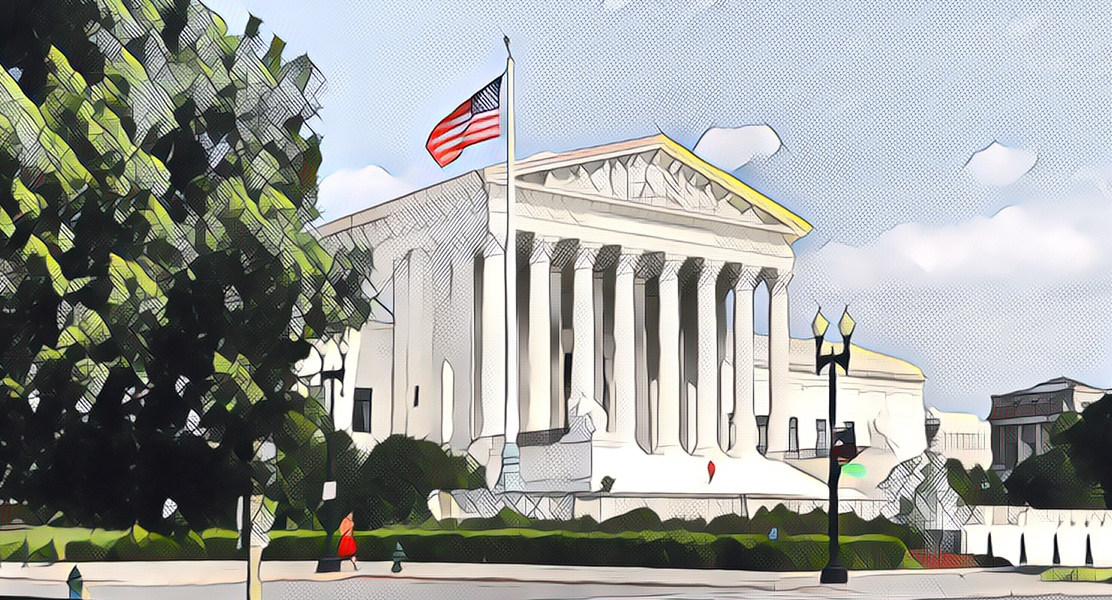U.S. Supreme Court: First Amendment protects religious schools from discrimination claims brought by teachers who teach the faith

In a 7-2 decision, the U.S. Supreme Court ruled that religious school employees tasked with educating young children in the school’s faith qualify as “ministerial” employees. Thus, the Court held, their claims of employment discrimination cannot be adjudicated without improperly entangling courts in questions of religious identity in violation of the First Amendment.
The ruling, which consolidated two similar cases involving elementary school teachers at Catholic institutions (Our Lady of Guadalupe School v. Morrissey-Berru and St. James School v. Biel), clarified that determining whether an employee falls under the “ministerial exception” turns on “what an employee does,” and not whether the employee has religious training or has a ministerial title. The “ministerial exception” is a First Amendment doctrine that recognizes the fundamental freedom for religious communities to select their leaders, and it bars most lawsuits between ministerial personnel and their religious employers.
In the cases before the Court, the teachers – who filed disability and age discrimination lawsuits contesting their firings – taught primarily secular subjects, but they also engaged in some religious instruction. Applying the ministerial exception doctrine to those facts, Justice Samuel Alito, for the majority, wrote:
What matters, at bottom, is what an employee does. . . [E]ducating young people in their faith, inculcating its teachings, and training them to live their faith are responsibilities that lie at the very core of the mission of a private religious school.
Importantly, the majority opinion stopped short of the more expansive view of the ministerial exception promoted by Justices Clarence Thomas and Neil Gorsuch, who would bar judicial inquiry altogether into the function of the employee. “Courts,” Thomas wrote in a concurring opinion, “should defer to a religious organization’s sincere determination that a position is ‘ministerial.’”
In dissent, Justice Sonia Sotomayor, joined by Justice Ruth Bader Ginsburg, worried that the majority opinion exposes too many employees to discrimination. “[T]he Court’s apparent deference here,” she wrote, “threatens to make nearly anyone whom the school might hire ‘ministers’ unprotected from discrimination in the hiring process. That cannot be right.”
Responding to the ruling, BJC General Counsel Holly Hollman emphasized that the Court’s opinion heightens the importance of good communication between religious employer and employee about their role and expectations.
Today’s decision demonstrates that the “ministerial exception” is more far-reaching than many employees may assume. The Supreme Court holds that the exception applies in the case of elementary school teachers who perform some religious duties such as teaching religious doctrine and guiding students to live in their faith.
Unlike the Court’s 2012 ministerial exception case (Hosanna-Tabor v. EEOC), today’s decision focuses almost exclusively on the performance of religious functions, without regard to more specialized training or leadership designation. The decision protects religious communities in shaping and conveying matters of faith in their schools, which is the primary purpose for their existence. As a matter of fairness, it should also lead religious employers to clarify expectations with employees, not only about religious job duties but about the limits of employment law protections.
This new ruling, which affirms that religious education is an essential exercise of faith that warrants special treatment under employment law, stands in sharp contrast to the Supreme Court’s ruling just a week ago in Espinoza. In a Twitter thread, BJC Executive Director Amanda Tyler notes the incongruity:
The problem is, when it comes to religious schools, the Court wants to have it both ways: religious schools are just like all other private schools when it comes to funding (Espinoza) but not when it comes to employment (Our Lady of Guadalupe School).
Read the whole thread!
The ministerial exception is just one example of how religious schools are legally different from secular institutions. Religious schools should be accountable to their faith communities. Because public dollars bring public accountability, supporters of the ministerial exception should also oppose government-funded school vouchers.
For more on this case, listen to the excellent discussion between Hollman and Tyler following oral arguments in Episode 13 of “Respecting Religion,” the current BJC Podcast series. For more on the Supreme Court’s 2012 ministerial case, see BJC’s Hosanna-Tabor resource page.




